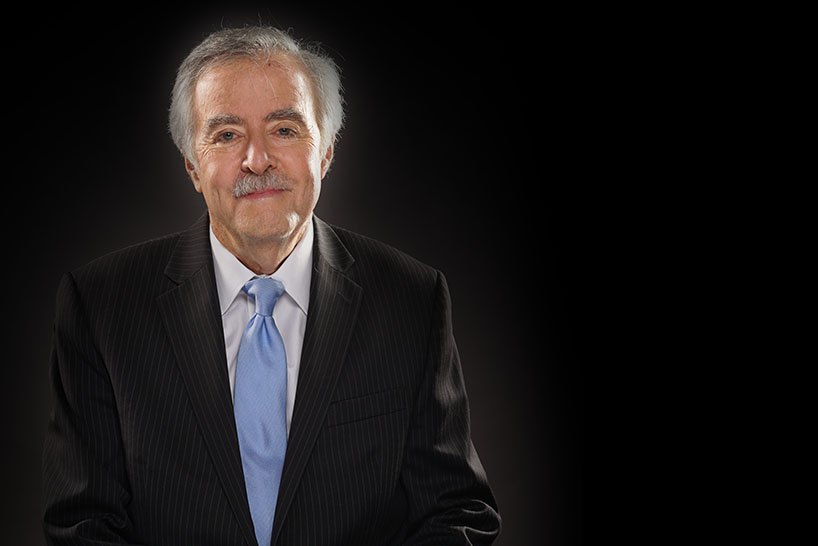New York City’s Earned Sick Leave Law
If you work in New York City for an employer that has more than five employees in New York City and work more than eighty hours in a calendar year, you may be entitled to paid sick leave that you can you use for the care and treatment of yourself, a family member or certain close associates for certain physical or mental illness, injuries or health conditions. In order to qualify for sick leave, you have to work more than eighty hours in a calendar year. This law does not apply to certain professional or municipal workers. If your employer does not have five employees in New York City who work at least eighty hours in a calendar year, you still earn comparable sick leave, but your employer is not required to pay you when you use it.
In certain circumstances to address safety concerns or obtain critical services, you also may be entitled to leave under this law if you, a family member or certain close associates have been the victim of domestic violence, a sexual offense, stalking or human trafficking. Such leave is called “safe time” or “safe leave.”
If you are a domestic worker who works more than eighty hours during a calendar year for an employer and have worked for an employer for more than one year, you earn paid sick leave even though your employer does not have five employees who work at least eighty hours in calendar year. A domestic worker is generally defined as a worker employed in the home for purposes of taking care of a child, serving as a companion for a sick or elderly person, housekeeping, or for any other domestic service purpose. Domestic workers in New York State outside of New York City who have worked for an employer for more than a year may be entitled to three days of paid rest, days off from work. If you are a domestic worker in New York City who has worked for an employer for more than a year, you are also entitled to these three days of paid rest in addition to two paid sick days.
Employees covered by the New York City Sick Leave Law earn an hour of paid sick leave for every thirty hours that you work, up to a maximum of forty hours of paid sick leave per year. If your need to use the leave for something of which you are aware (like a doctor’s visit that you are scheduling), your employer can require you to give up to seven days advance notice of your intention to use sick leave. If the need is not something for which you have advance notice, like an emergency room visit or sudden flu, your employer may require you to give notice as soon as you are able.
Your employer can require you to provide documentation from a licensed health care provider if you use more than three consecutive workdays as sick leave. But the law does not require that the health care provider specify the medical reason for the sick leave, although such disclosure may be required by other laws.
You can carry over up to forty hours of unused sick leave to the next calendar year. However, your employer is only required to let you use up to forty hours of sick leave per year. Your employer may choose to pay you for your unused sick leave at the end of the calendar year, but the employer must then give your full sick leave to you at the start of the new calendar year.
Some employer’s policies may meet or exceed the law. However, if you meet the requirements of this law, your employer cannot provide you with no sick leave or less than you earn. You also have a right to use the leave that you earn and your employer cannot retaliate against you if request and use your leave. Retaliation can include any threat, discipline, discharge (firing), demotion, suspension, or reduction in your hours or any other adverse employment action against you for exercising your rights or attempting to exercise your rights under this law. If you believe your rights to this leave have been violated, you should file a complaint with the New York City Department of Consumer Affairs.
Legal Editor: Steven T. Sledzik, January 2015 (updated December 2018)
Changes may occur in this area of law. The information provided is brought to you as a public service with the help and assistance of volunteer legal editors, and is intended to help you better understand the law in general. It is not intended to be legal advice regarding your particular problem or to substitute for the advice of a lawyer.
Our Lawyers

David R.
LRS Lawyer
Our lawyers are screened and approved – they have all gone through an application and interview process. Each lawyer we recommend has been screened for significant experience, knowledge of ethics codes and rules, and law office practices, including customer service skills and handling of fees and billing.
About Us
When you call us, you will be speaking with an attorney. One of our attorney referral counselors takes your call and talks with you about your legal question, or reviews your online referral request. There is no charge to speak with one of our attorney referral counselors -- we’re here to help.

